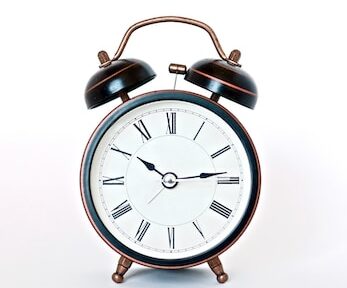The concept of time has been a topic of philosophical and scientific inquiry for centuries, and there is no clear answer to who invented time. However, we can trace the evolution of our understanding of time from ancient civilizations to modern times.

The earliest human societies did not have a precise notion of time as we know it today. They relied on natural phenomena such as the movement of the sun and the moon to measure the passing of days and seasons. The ancient Egyptians were the first to develop a more advanced system of timekeeping, using sundials and water clocks to measure the passage of hours.
The Greeks also made significant contributions to our understanding of time. The philosopher Parmenides proposed that time was an illusion and that the universe was a static, unchanging entity. In contrast, the philosopher Heraclitus believed that everything was in a constant state of flux, and that time was an essential element of this change.
The ancient Chinese also developed sophisticated timekeeping devices, such as the water clock and the clepsydra. They also developed a lunar calendar that was based on the cycles of the moon and was used for both agricultural and religious purposes.
The invention of the mechanical clock in the 14th century marked a significant advancement in timekeeping technology. These early clocks were driven by weights and used a system of gears to measure time accurately. They allowed people to measure time with greater precision than ever before, and they quickly became an essential tool for astronomers, scientists, and navigators.
In the 17th century, the English physicist Isaac Newton developed the laws of motion and gravitation, which provided a framework for understanding the behavior of objects in space and time. His laws allowed scientists to make precise calculations of the positions of planets, stars, and other celestial bodies, and they laid the groundwork for the development of modern physics.
In the 19th century, the invention of the railroad and the telegraph led to the standardization of time across different regions and countries. Before this, different towns and cities had their own local time based on the position of the sun, which made scheduling travel and communication difficult. The adoption of standardized time zones allowed for greater efficiency and coordination across long distances.
In the early 20th century, the theory of relativity, developed by Albert Einstein, revolutionized our understanding of space and time. Einstein proposed that time was not an absolute, universal concept but rather a relative one that depended on the observer’s frame of reference. According to his theory, time could appear to pass more slowly for an object in motion relative to a stationary observer.
Today, our understanding of time continues to evolve as we explore the frontiers of physics and cosmology. Scientists are studying the properties of time at the quantum level and investigating the nature of time in the early universe. Philosophers continue to debate the fundamental nature of time and its relationship to other aspects of reality.
In conclusion, it is difficult to attribute the invention of time to a single individual or civilization. The concept of time has evolved over thousands of years, shaped by the insights and discoveries of countless thinkers and scientists. From the earliest days of human civilization to the present, our understanding of time has been shaped by our observations of the natural world, our technological innovations, and our philosophical and scientific inquiry.